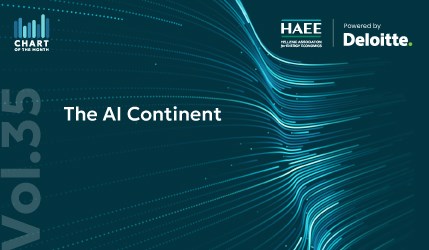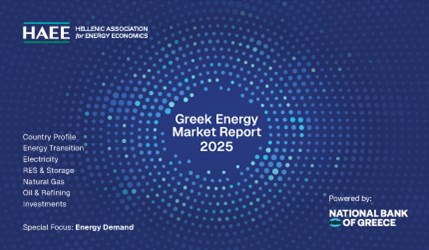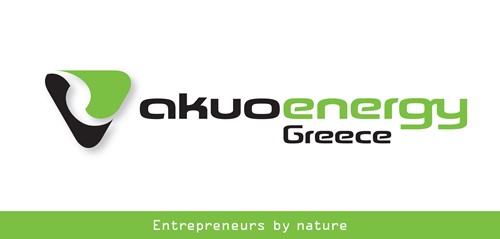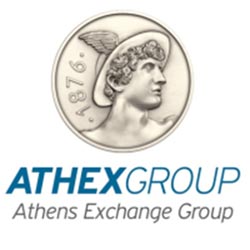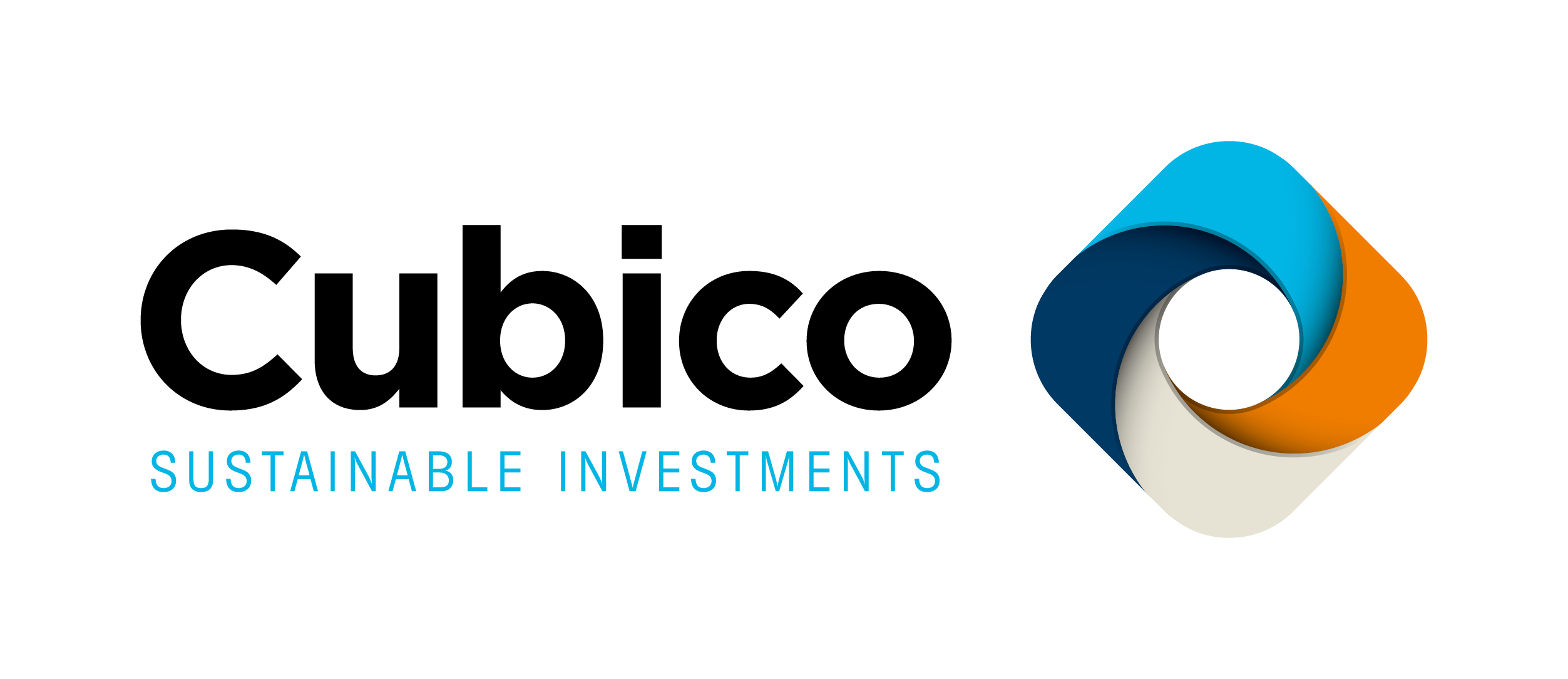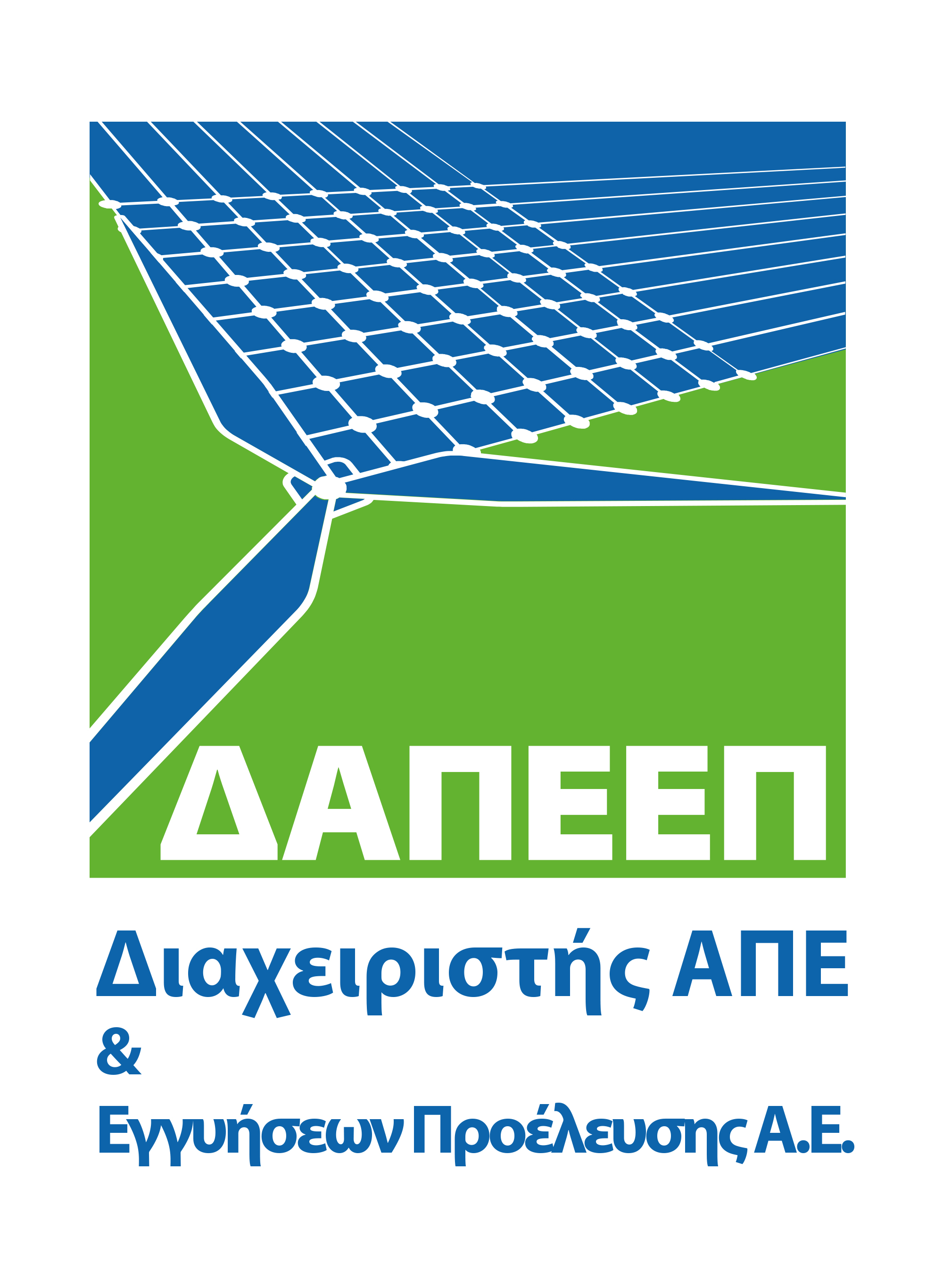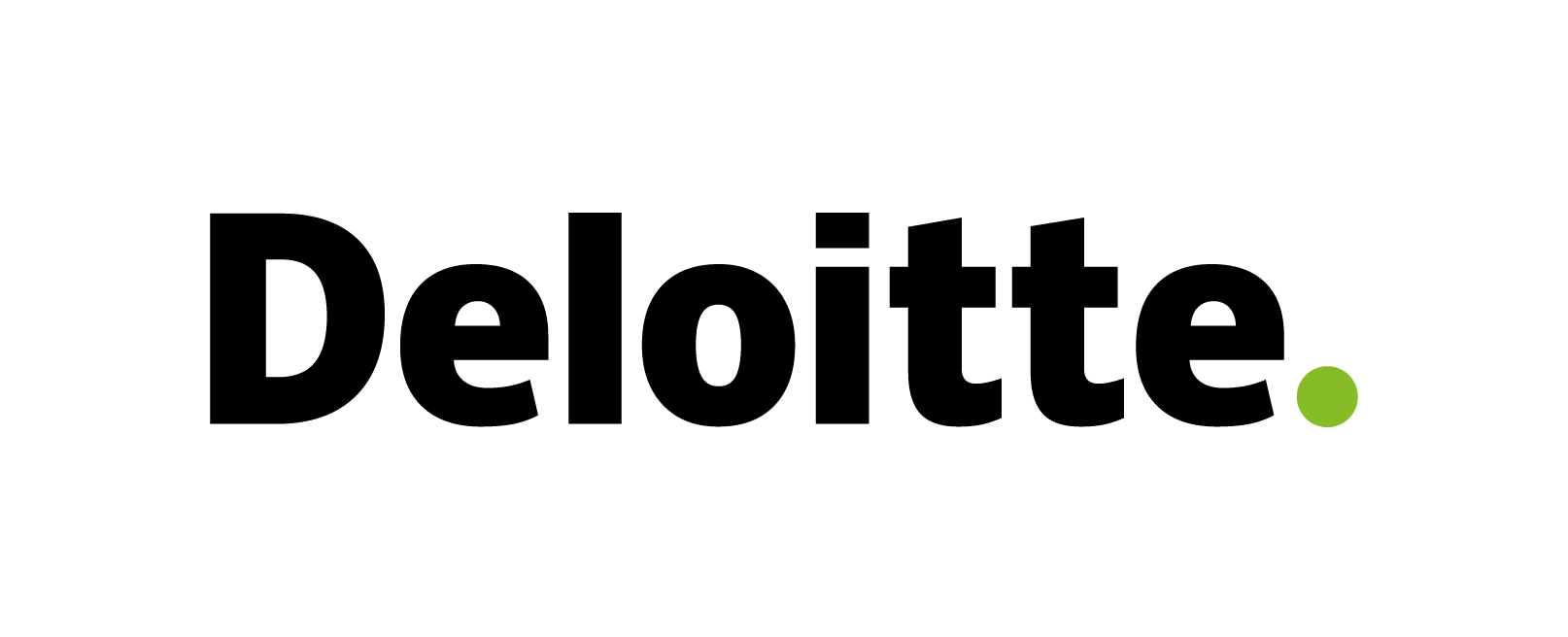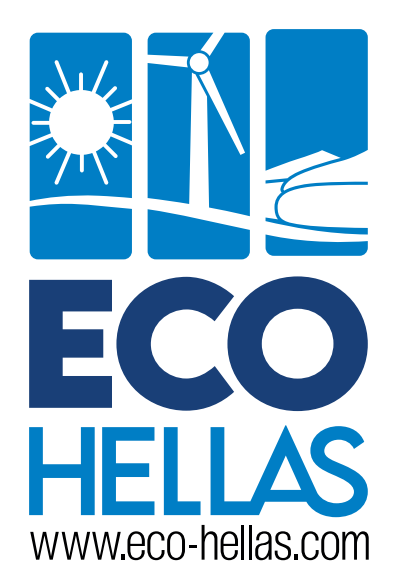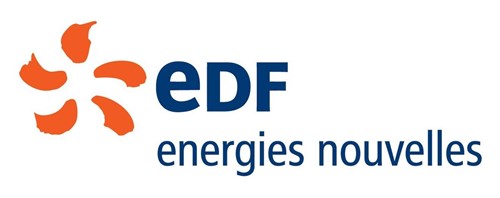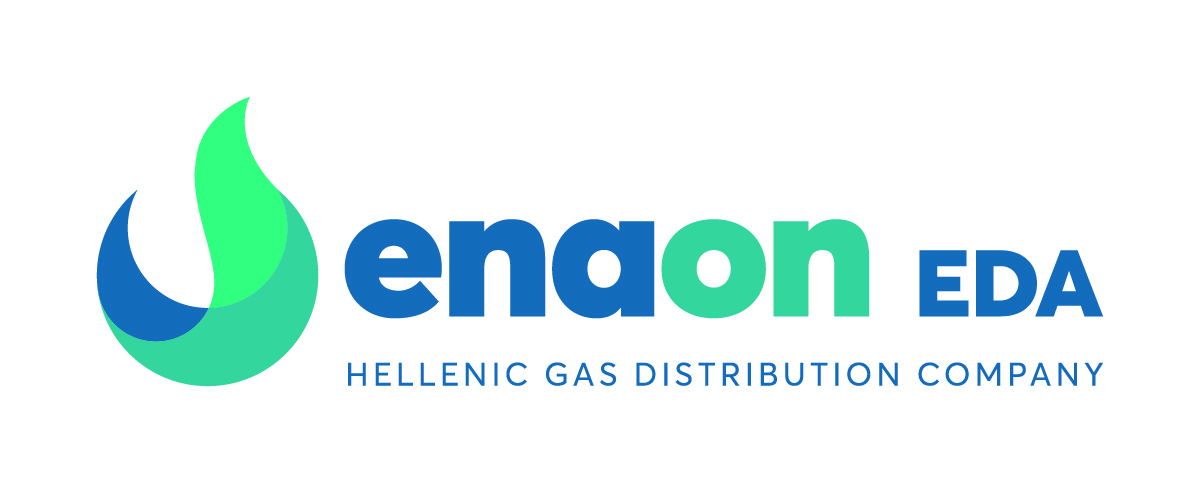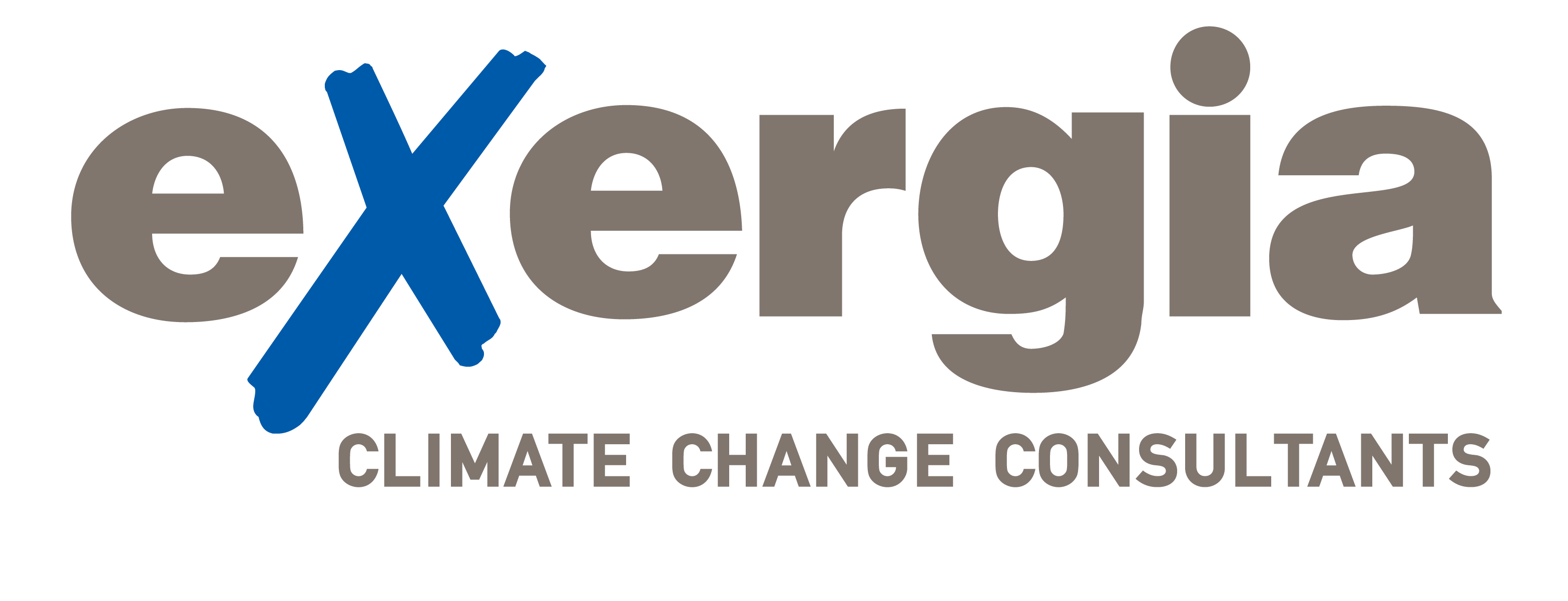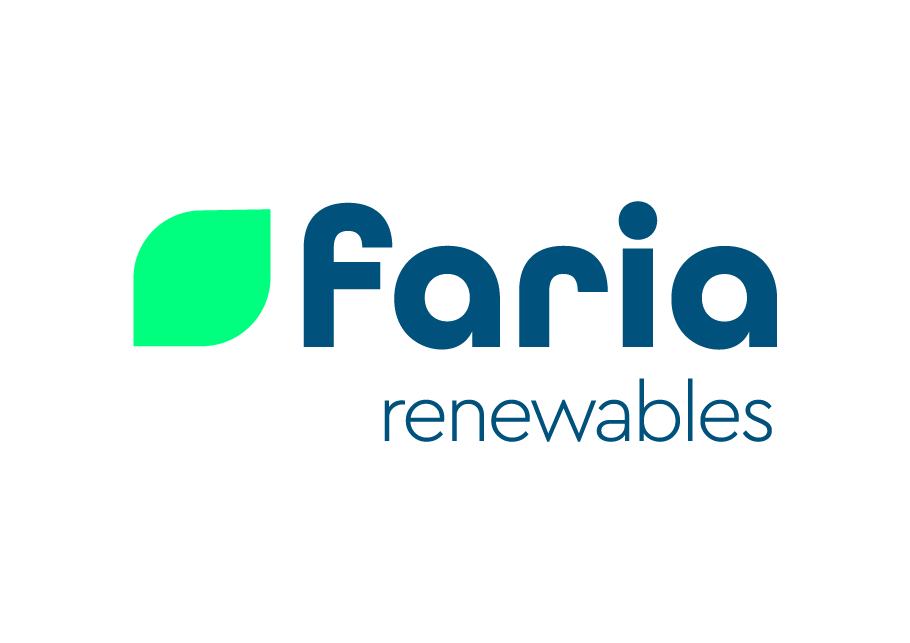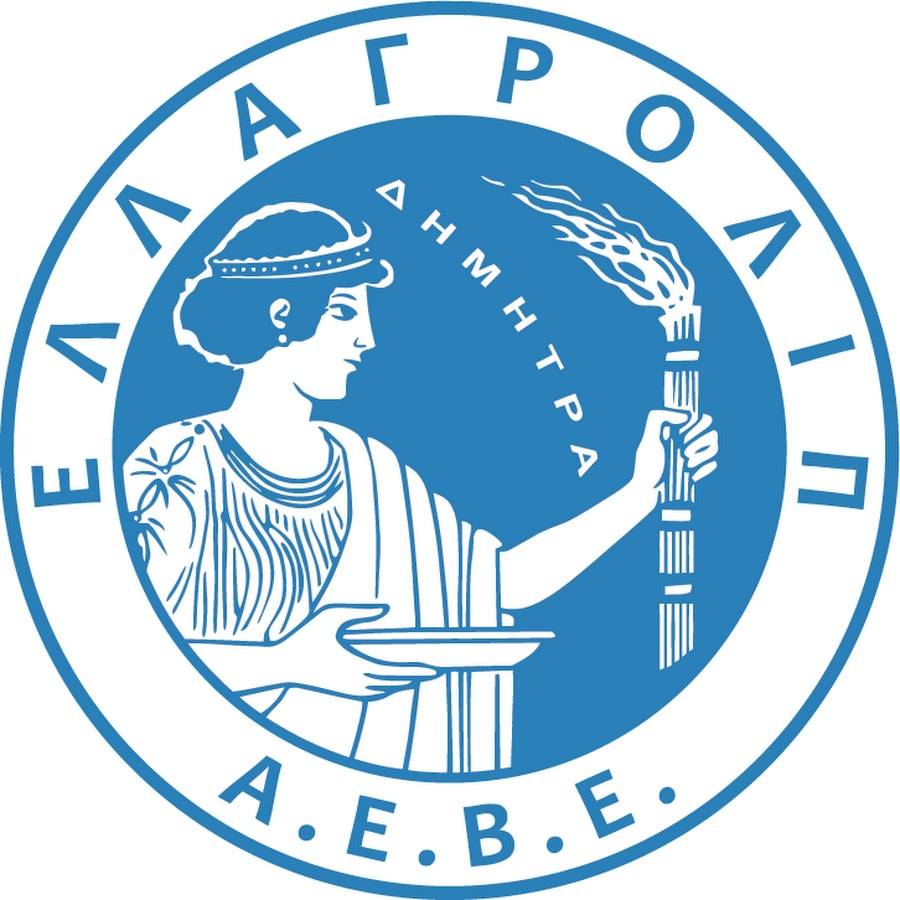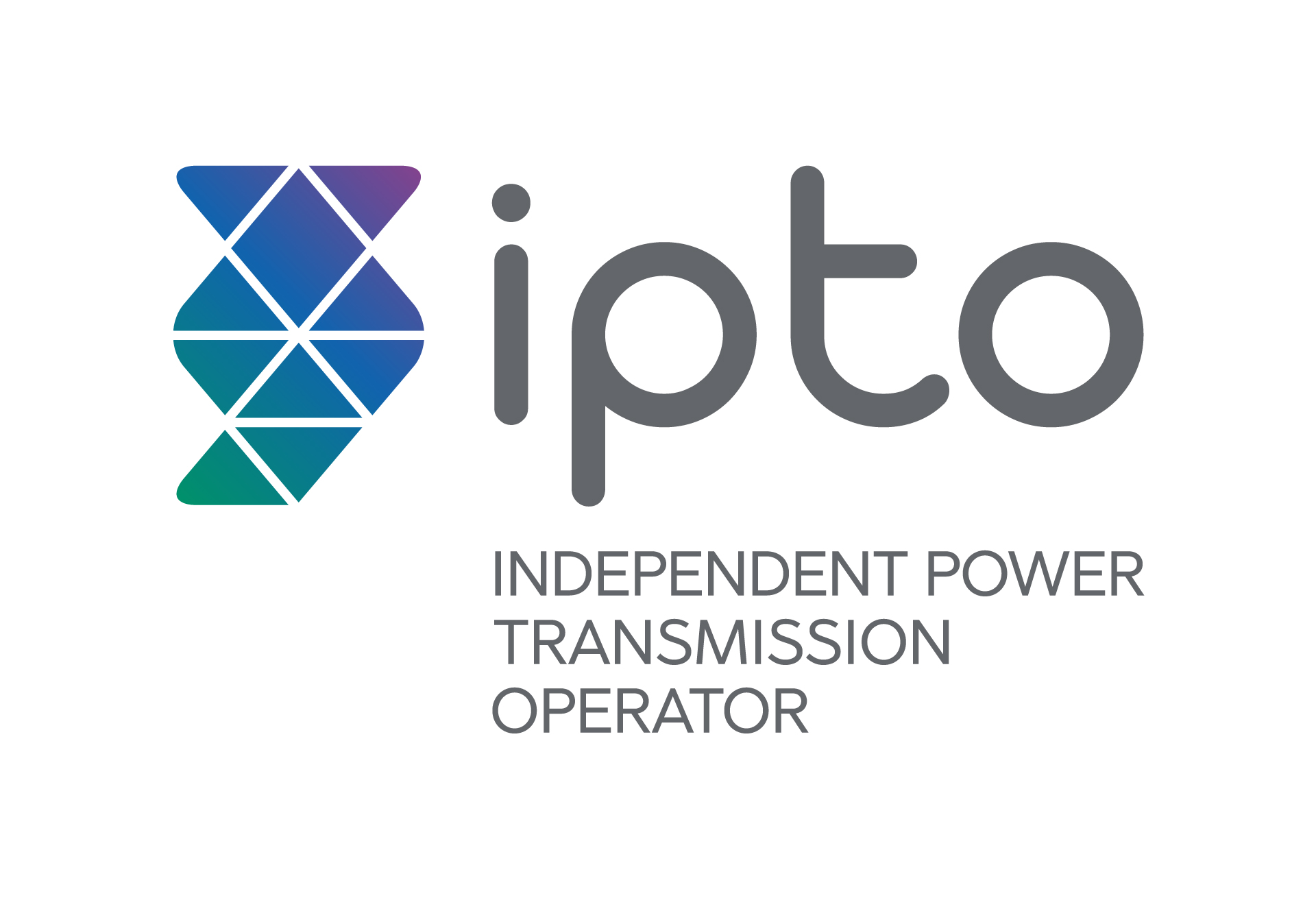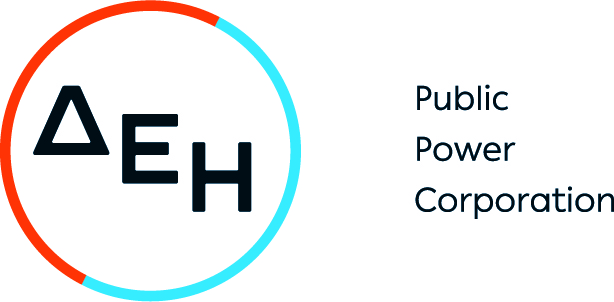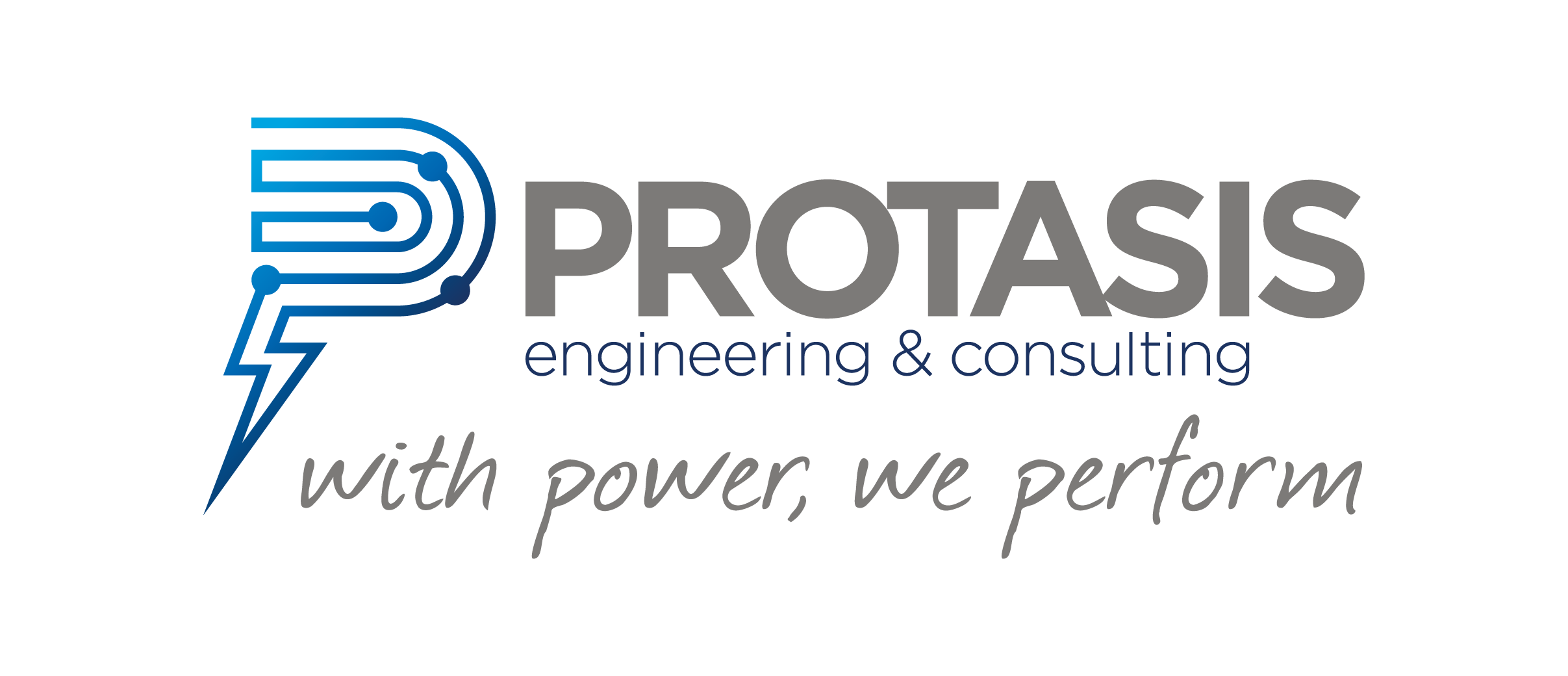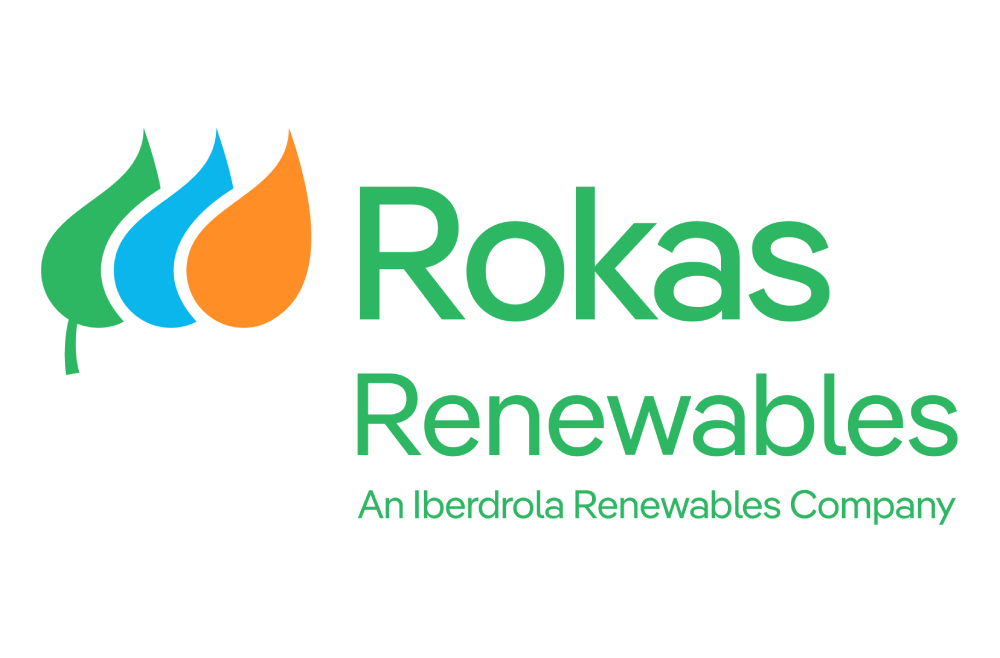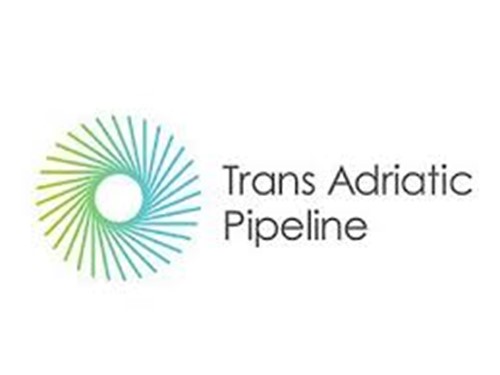The American-Hellenic Chamber of Commerce (AmChamGR) and the Hellenic Association for Energy Economics, in strategic partnership with the Atlantic Council and the Global Energy Institute of the U.S. Chamber of Commerce have successfully organized the 9th Southeast Europe Energy Forum (SEEF2025) on Friday, September 5, 2025 at the MET Hotel in Thessaloniki, Greece.
Speakers highlighted that Southeast Europe is a leader on the European and transatlantic energy map.
The President of the American-Hellenic Chamber of Commerce, Ioannis Saracakis, stated at the opening of the conference:
"Progress in renewables, energy storage, offshore wind, carbon capture, hydrogen, and digital technologies are transforming the energy landscape. These are the specific pathways for investment, job creation, and shared prosperity. These components give Southeast Europe the opportunity to position itself as a leader on the European and transatlantic energy map. Our region stands at a crossroads—geographically, strategically, and politically. Surrounded by conflicts and uncertainties, Southeast Europe can either become a barrier or a bridge. By choosing interconnectivity, strengthening regional cooperation, and embracing transformative technologies, we can turn vulnerability into resilience and challenges into sustainable growth. Greece, with its strategic location, dynamic private sector, and strong transatlantic ties, is uniquely positioned to play a key role in this transformation."
For his part, the Executive Director of the American-Hellenic Chamber of Commerce, Elias Spirtounias, underlined:
"The global energy sector is currently in the midst of a profound transformation, shaped by the dual pressures of climate change and geopolitics. The United States has recently reoriented its policy, placing renewed emphasis on oil and gas development and energy independence, while continuing to strategically cooperate with its allies to promote innovation, infrastructure, and cleaner technologies. This recalibration has significant implications for Southeast Europe, which is increasingly emerging as a critical hub for transit, storage, and investment. For our region, this is a pivotal moment. The strategic location of Southeast Europe, combined with its wealth of conventional and renewable resources, uniquely positions it to contribute both to supply security and to the clean energy transition. Achieving our shared goals—diversification, decarbonization, and technological innovation—requires vision, realism, and strong partnerships."
The Chairman of the Energy Committee of the American-Hellenic Chamber of Commerce, Dr. Kostas Andriosopoulos, added:
"In recent months, much has been said about developments in the energy sector. We have witnessed yet another geopolitical upheaval unfolding globally, bringing uncertainty and complexity to international markets. There is a notable shift in energy flows across different fuels, directly impacting the energy mix, dynamics, and the economy of many industries and countries. Each country is affected in its own way, depending on the structure of its energy system and its market conditions. We face many changes and challenges, but also great opportunities to turn these challenges into positive outcomes and long-term growth. At the heart of this transformation lies infrastructure—the backbone of everything we are discussing. Over the past nine years, as the Forum has evolved, Thessaloniki has emerged as a key energy hub for Southeast Europe."
Professor of the Technical University of Crete and President of the Hellenic Association for Energy Economics (HAEE), Dr. Spiros Papaefthimiou, emphasized in his address:
"Southeast Europe lies at the heart of the global energy transition. Our region is not only a bridge between North and South, East and West; it is also a testing ground where energy security, market integration, and decarbonization must advance simultaneously. In recent years, we have been reminded that energy is not just a commodity—it is a strategic pillar of stability, prosperity, and resilience. However, challenges remain. High energy costs continue to weigh on households and businesses. Infrastructure gaps slow down the integration of renewables. And geopolitical tensions remind us how fragile our energy systems are. Addressing these issues requires collaboration—not only among governments but also with market leaders, financial institutions, and civil society. This is why our discussions today are so critical."
It is noted that the 9th SEEF2025 was attended by government representatives from Southeast European countries, analysts, academics, energy experts, and members of the business community from the energy sector.
For more information: https://www.amcham.gr/events/event/seef2025/















